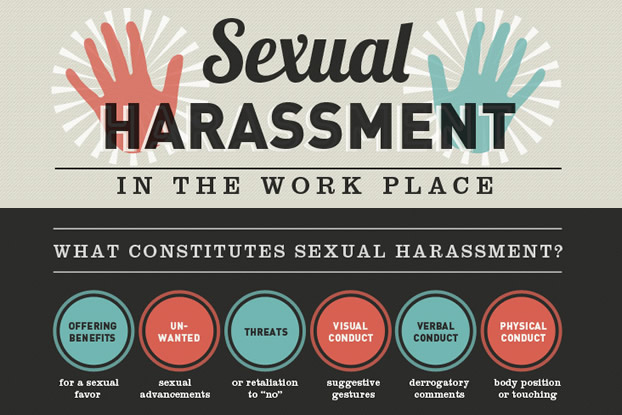REMEDIES AVAILABLE TO WOMEN UNDER THE SEXUAL HARASSMENT OF WOMEN AT WORKPLACE (PREVENTION, PROHIBITION & REDRESSAL) ACT OF 2013

Sexual harassment at workplace is a global problem whether it is a developed or developing nation, and India is also not new to this. Victims of sexual harassment face health and psychological problems. Where a sexual harassment has occurred at workplace, there are various remedies available under the Sexual Harassment of Women at Workplace (Prevention, Prohibition & Redressal) Act of 2013 where a woman can approach in order to get remedy. The first place where a victim can approach is the internal complaints committee. As per the act, all the workplaces consisting of 10 or more than 10 employees are required to form an internal complaints committee dedicated exclusively for sexual harassment at workplace. All such incidents of sexual harassment can be made to internal complaints committee which shall then order an inquiry into the matter.

Within 10 days of completion of inquiry, the committee is required to submit its report along with recommended actions to the employer.The employer must act upon the recommendations within 60 days of receipt of the report from the committee. Where a workplace consists of employees less than 10 people, there is no need to form an internal committee. All the complaints in such case will go to local complaints committee, which is established according to the Act by district officer of each district. Even in case of complaints which are against employers, one must approach the local complaints committee. Any victim can file the complaint to internal committee within 3 months of occurrence of the event. The time period within which one can file complaint can also be stretched to another period of 3 months upon sufficient cause.
 Also where a woman is unable to file complaint due to any physical, her legal heir, friend, relative co-worker, an officer of State’s or National Commission for Women may make complaint on her behalf. In case a women is suffering from mental inability, a qualified psychologist or psychiatrist or the guardian or authority under whose care she is getting treatment or care, can file a complaint before the Internal Committee. Before determining the compensation under Section 15 of the Act for victims, Internal Committee may keep certain things in mind such as mental trauma, suffering, pain and emotional distress caused to the victim, the loss in career prospects, medical expenses sustained by the victim for physical or psychiatric treatment, income and financial status of the respondent and the possibility of such payment in lump sum or in installments.
Also where a woman is unable to file complaint due to any physical, her legal heir, friend, relative co-worker, an officer of State’s or National Commission for Women may make complaint on her behalf. In case a women is suffering from mental inability, a qualified psychologist or psychiatrist or the guardian or authority under whose care she is getting treatment or care, can file a complaint before the Internal Committee. Before determining the compensation under Section 15 of the Act for victims, Internal Committee may keep certain things in mind such as mental trauma, suffering, pain and emotional distress caused to the victim, the loss in career prospects, medical expenses sustained by the victim for physical or psychiatric treatment, income and financial status of the respondent and the possibility of such payment in lump sum or in installments.
